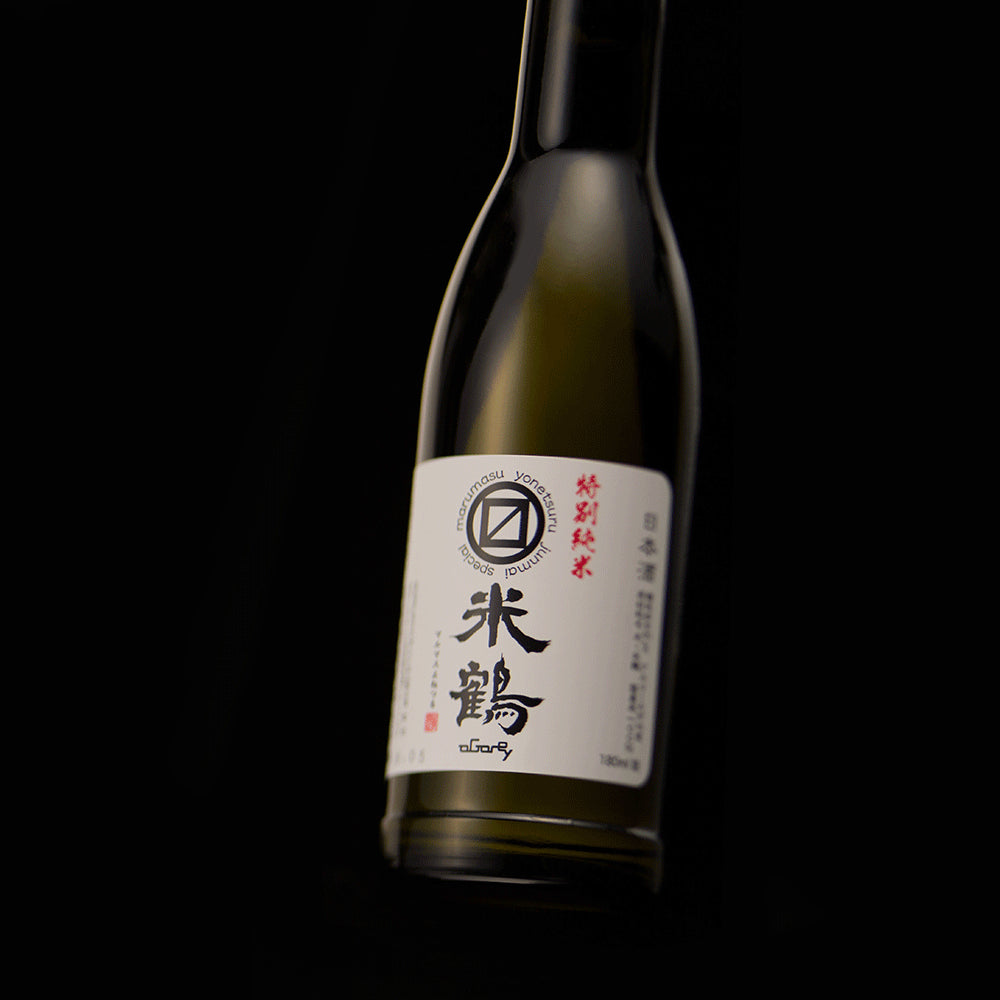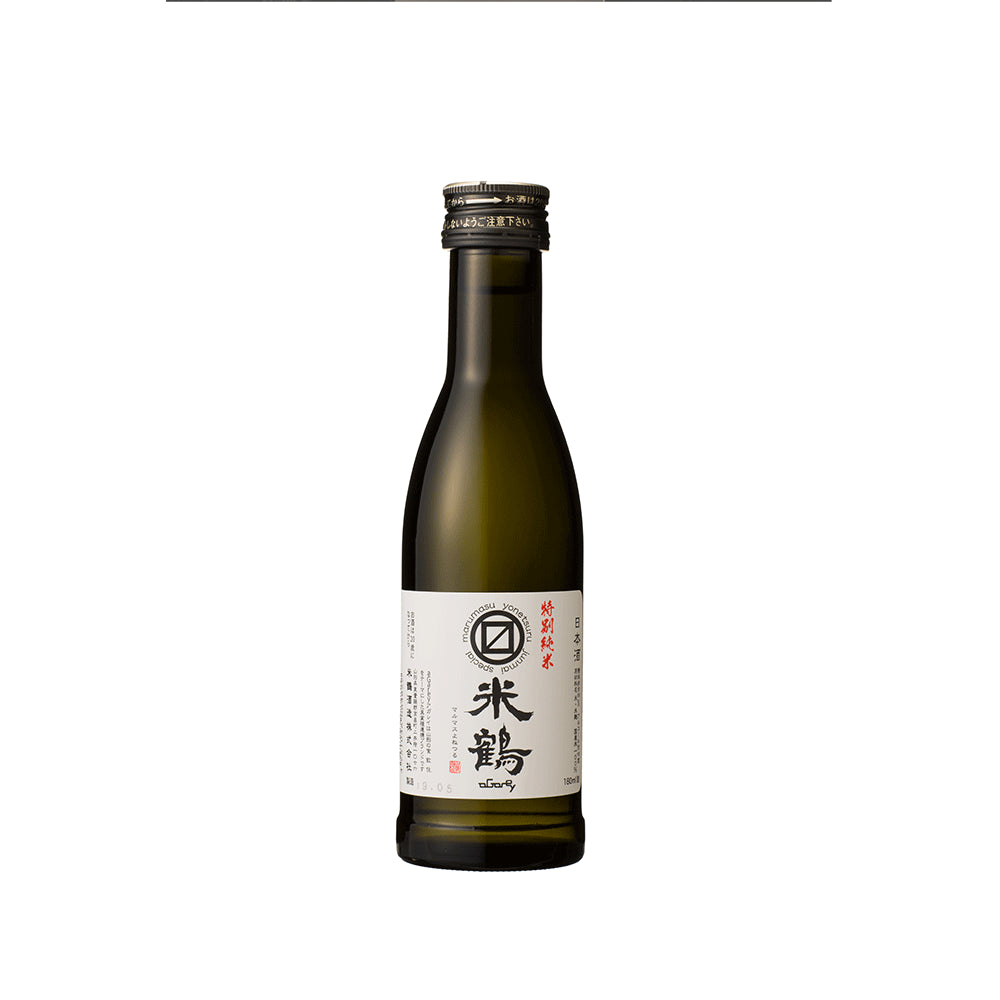-
 >
>
- Product list >
- Yonetsuru Tokubetsu-junmai (180ml)
Yonetsuru Tokubetsu-junmai (180ml)
詳しく見る
- *All prices shown are the product prices from the Japanpage:.
- *Product price can be shown in multiple currencies as reference values.
- *Payment should be made in Japanese yen.
- *After filling in delivery address, grand total (product price + shipping cost (packing + shipping + insurance) +tariffs & taxes) will be shown on the shipping cart page.
- *All prices shown are the product prices from the Japanpage:.
- *Product price can be shown in multiple currencies as reference values.
- *Payment should be made in Japanese yen.
- *After filling in delivery address, grand total (product price + shipping cost (packing + shipping + insurance) +tariffs & taxes) will be shown on the shipping cart page.
Yonetsuru Tokubetsu-junmai is one the standard items of Marumasu Yometsuru, which began its work anew in 2012. They polish their sake rice, all produced within Yamagata, to 60%. Marumasu Yonetsuru is a limited item made in pursuit of a flavor to meet the demands of the age, and strives for high quality to create a taste that can be appreciated by anyone. This sake was brewed by a brewer whose palate has been trained by the excellent local ingredients, and has a perfect balance of flavor and sharpness. It has been distinguished among the sake of Yamagata, which is known for its sake production, and has been awarded the Geographical Indication GI Yamagata and Yamagata Selection certifications.
Pairing food proposed from Vendor
Chikuzenni (chicken and assorted roots stew), Mackerel Miso Stew, Yakitori (chicken skewers), Hamburger Steak, Chicken Cream Stew, Stir-fried Beef and Bamboo Shoots, Grilled Gyoza
About "Yonetsuru"
The name Yonetsuru comes from the way the ears of rice bow, and the folktale of the Grateful Crane. It represents their desire to create a sake of thanks, filled with heart. The make their sake starting with the rice, and produce a product with a fine fragrance, flavor, and bite.
Recommended temperature
- Atsukan (50 - 55℃)
- Jokan (45 - 50℃)
- Nurukan (30 - 40℃)
- Room temperature (15 - 20℃)
- Hanabie (10℃)
- Yukibie (5℃)
Type


Tag
Appearance
-
Clarity
Transparency
Hazy
-
Colour
Colorless
Dark brown
-
Intensity
Water
Deep
Nose characteristics
-
Intensity
Low
Strong
Taste characteristics
-
Light / Body
Light
Body
-
Sweet / Dry
Sweet
Dry
-
Simple / Complexity
Simple
Complexity
-
Acidity
Low
High
-
Umami
Low
High
-
Finish
Low finish
Long finish
Aroma and flavor
Detailed information
| Volume | 180ml |
|---|---|
| Size (L W H) | 5.5 x 5.5 x 17.5 cm |
| Weight | 0.4kg |
| Ingredients | Rice, Rice koji, Water |
| Region | Yamagata |
| Alcohol content | 17%vol. |
|
Sake Meter Value
|
+2 |
|
Acid level
|
+1.3 |
|
Polishing ratio
|
60% |









